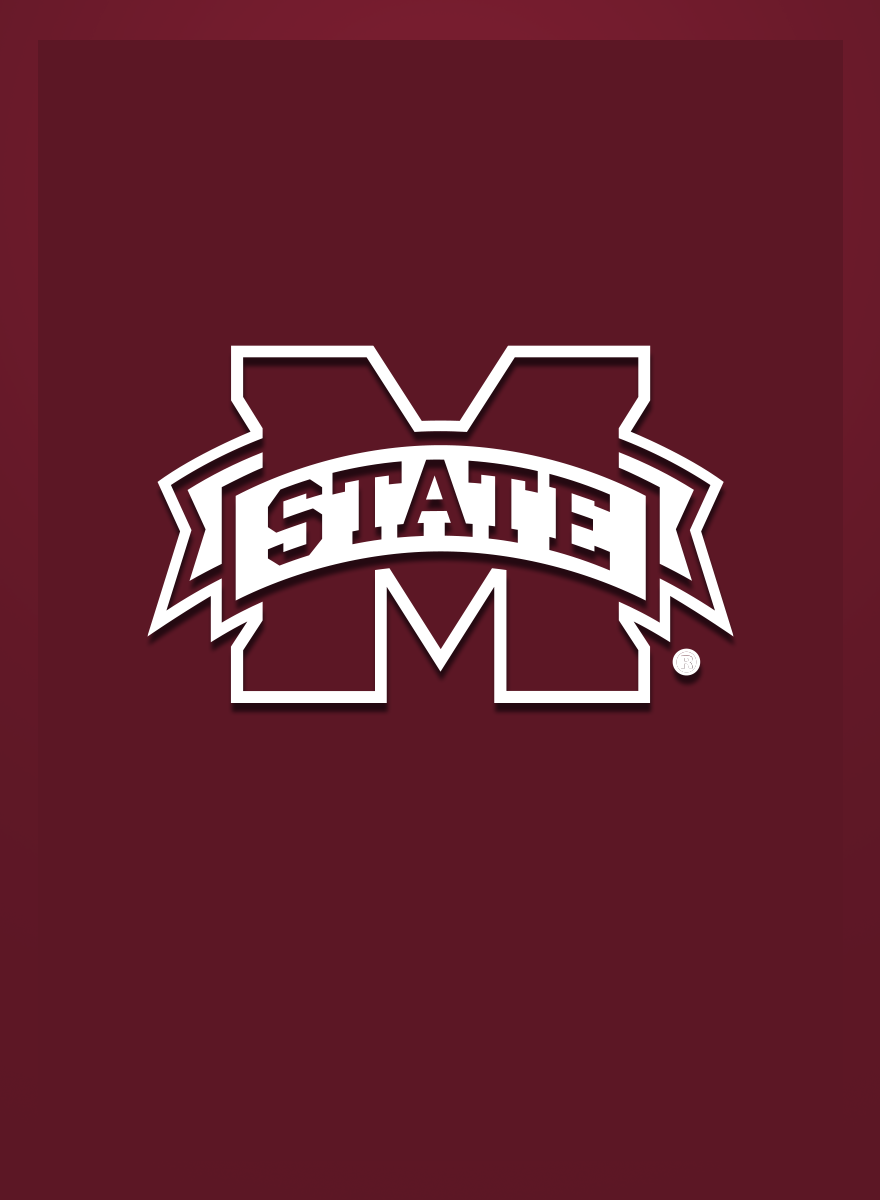Courses
Year 1
Fall
GR 1113 Physical Geography
Three hours lecture. Systematic study of the elements of the environmental process that form and characterize the earth's natural landscapes.
GR 1111 Physical Geography Laboratory
(May be scheduled without GR 1113). Laboratory exploring the study of the different components of the earth system and their interactions, as well as their locations on Earth.
GR 1123 Intro World Geography
Three hours lecture. A survey of the world's regions, with emphasis upon locational aspects, physical and cultural diversity, and environmental issues.
Spring
GR 1133 Weather and Climate
Three hours lecture. Descriptive study of weather with the objective of gaining appreciation of the variety of atmospheric phenomena. Explanation of daily weather events, their causes and impacts.
GR 1131 Weather and Climate Laboratory for GR 1133
(May be scheduled without GR 1133). Includes the study of atmospheric composition and structure, atmospheric motion and forces, atmospheric moisture, organized weather systems, weather forecasting, and global climate
GR 4813 Natural Hazards
(Prerequisites: GR 1113 or equivalent) Three hours lecture. A survey of natural phenomena in geology, oceanography and astronomy as applied to meteorology. Detailed study of earthquakes, volcanoes, ocean movements, and solar activity.
Summer
GR 4643 Physical Climatology
(Prerequisite: GR 1133) Three hours lecture. An investigation of the physical aspects of Earth's climate, including interactions between the atmosphere, hydrosphere, and land surface, and how they are affected by climate variability and change.
Year 2
Fall
GR 4633 Statistical Climatology
(Prerequisites: GR 1133 or GG 1113 or equivalent and MA 1313 or MA 1713) Two hours lecture. Two hours laboratory. A survey of the types of statistical weather data available. Manipulation of the data on various temporal and spatial scales.
GR 4713 Synoptic Meteorology I
(Prerequisites: GR 1133 or equivalent) Two hours lecture. Two hours laboratory. Fundamental principles behind weather forecasting. Physical processes in the atmosphere, atmospheric circulation systems, air mass analysis, frontogenesis and frontolysis.
Spring
GG 3613 Water Resources
(Prerequisite: GG 1113 or equivalent or consent of instructor) Three hours lecture. Introduction to the location, use, recovery and environmental problems of surface and subsurface waters.
GR 4753 Satellite & Radar Meteorology
(Prerequisites: GR 1133) Three hours lecture. Study of the history, the operations, and the applications of satellites and radar in weather analysis. Theory of meteorological measurements in determinations of atmospheric structure.
Summer
GR 4473 Numerical Weather Prediction
(Prerequisite: Consent of Instructor) This course provides students with an overview of the theory, processes, developments and applications of existing numerical weather prediction platforms.
GR 4613 Applied Climatology
(Prerequisites: GR 1133 or equivalent) Two hours lecture. Two hours laboratory. Problem solving in today's world in topics such as bioclimatology, agricultural climatology and land use climatology.
Year 3
Fall
GR 4623 Physical Meteorology
(Prerequisite: GR 1133) An investigation of cloud physics/precipitation processes and solar/terrestrial radiation, including atmospheric dynamics, atmospheric electricity, optics, and instrumentation.
GR 4913 Thermodynamic Meteorology
(Prerequisite: GR 4723/6723 or equivalent) Three hours lecture. Examination of the meteorological stability within the earth's atmosphere. Focus on analysis of the various stability indices related to predicting severe weather.
Spring
GR 4443 Weather Prediction I
(Prerequisite: GR 1133 or consent of instructor) Three hours video and online. Examination of the complexity of weather forecasting. Emphasis on numerical weather prediction, computer models, and mesoscale analysis.
GR 4923 Severe Weather
(Prerequisites: GR 4913/6913 or equivalent) Three hours lecture. Descriptive study of severe and unusual weather across the earth. Explanation of variations in severe weather in both spatial and temporal scales.
Summer
GG 3603 Intro to Oceanography
(Prerequisite: GG 1113) Three hours lecture. A survey of the basic principles and applications of science to the study of the marine environment.
GR 4453 Weather Prediction II
(Prerequisite: GR 4443 or consent of instructor) Three hours video and online. Continuation of GR 4443. Case studies of weather forecasts. Emphasis on special weather events and places.
Students seeking AMS, NWS, and/or WMO requirements should make the following adjustments to their program of study to include calculus-based courses:
- Take GR 4733 Synoptic Meteorology instead of GR 4713 Synoptic Meteorology I
- Take GR 4823 Dynamic Meteorology instead of GR 4913 Thermodynamic Meteorology
- Take GR 4963 Mesoscale Meteorology instead of GR 4923 Severe Weather
Additional courses are required to meet AMS, NWS, and/or WMO requirements: Dynamic Meteorology II, Calculus I-III, Differential Equations, 2-Calculus based Physics w/labs, and a Chemistry appropriate for science majors. Of these additional courses, MSU only offers Dynamics II online. Contact the advisor with any questions you may have.
See More










